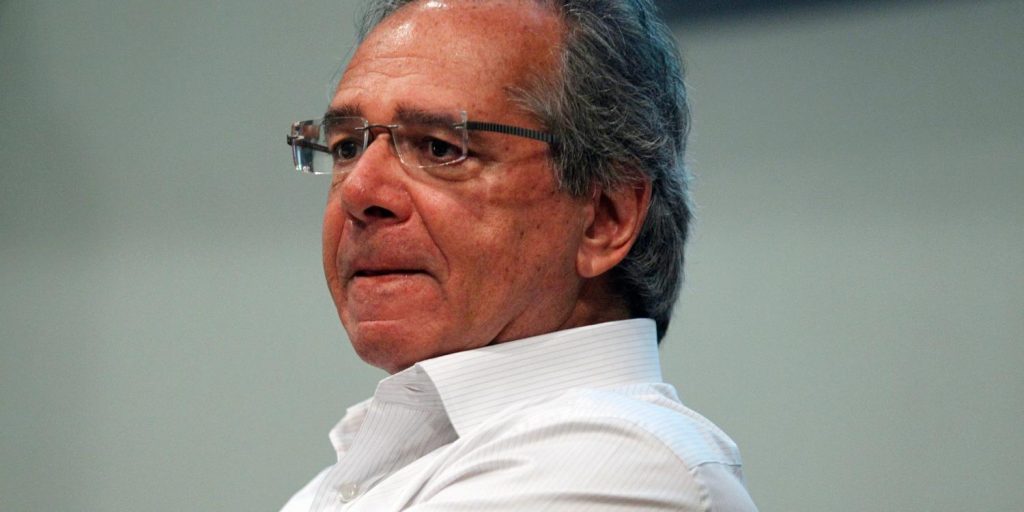By Xiu Ying
RIO DE JANEIRO, BRAZIL – The government is expected to release over R$100 billion (US$26 billion) to private banks in compulsory deposits, which are funds that banks are required to keep on deposit at the Central Bank.
The statement was issued by Finance Minister, Paulo Guedes, on Thursday, June 27th and, according to him, the aim is to allow financial institutions to extend credit to both individuals and businesses.

On Wednesday, June 26th, the financial authority had already announced a reduction from 33 percent to 31 percent on the compulsory deposit rate, which will release R$16.1 billion (US$4.02 billion). Guedes, however, said that the figure would be much higher.
According to him, the government is “clearing-up” public banks by returning resources from these institutions to the National Treasury. On the other hand, private credit expansion measures are being adopted.
“There’s more than R$100 billion in compulsory cash coming in. So we’re shrinking public credit and improving resource allocation, by expanding private credit,” the minister said after lunch with Senate President Davi Alcolumbre.
When discussing the Bolsonaro government’s economic agenda beyond pension reform, Guedes also stressed tax reform and the plan to make gas cheaper. Concerning gas, the goal is to end Petrobras’ monopoly in this sector, which, according to the minister, could reduce production costs by up to fifty percent.
“We are delivering a cheap energy shock, breaking a double monopoly in both gas extraction and refining and gas distribution. We will reindustrialize the country with affordable energy.
“Moreover, this drop will benefit family use of bottled gas, reducing its cost by 30, 40, up to 50 percent, down the road. So it will have a very long-term effect,” said Minister Paulo Guedes, adding: “Such things do not happen by accident.”

